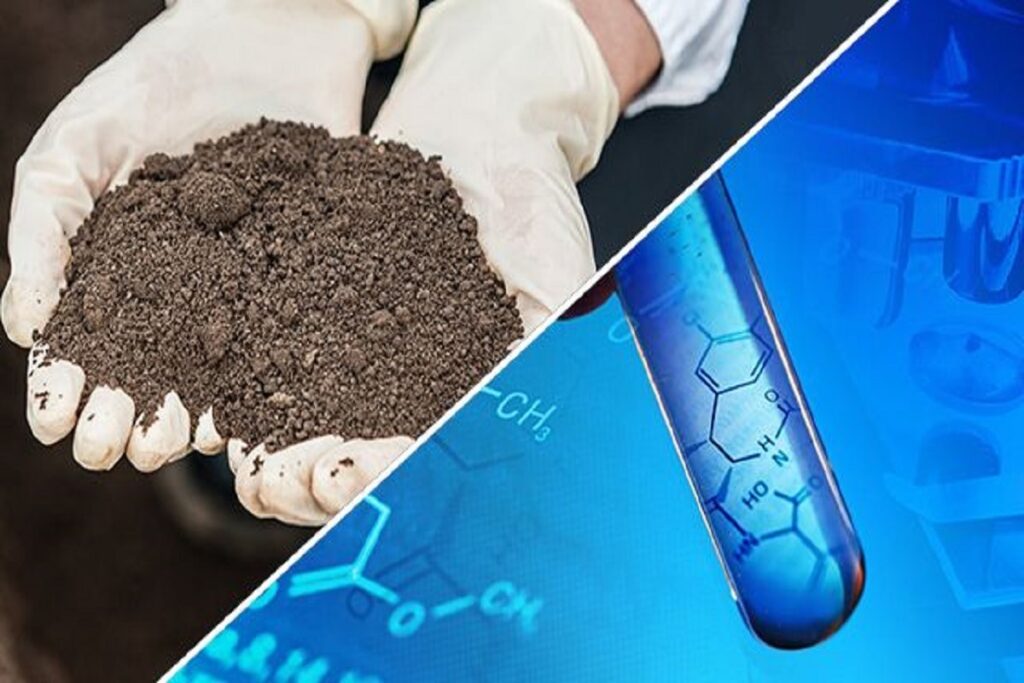Soil has great utility across multiple segments which almost range from anywhere to everywhere. The geotechnical tests conducted on soil provide valuable information about its mechanical behavior. The analysis helps explore various properties like moisture, PH, density, etc. of soil that serves as a base to determine their suitability for varying applications.
Soil testing and assessment are a crucial part of agriculture and civil engineering design. Therefore, it needs to be performed at the right time using the right procedures. Experts recommend using reliable soil testing laboratory equipments for accurate analysis. As the equipment used seeks to provide you with valuable information and can influence a decision.
Discussed below are some commonly used soil testing lab equipment from the leading manufacturer and supplier – Labfit.
#1. Proctor Compaction equipment:
Proctor Compaction equipment is used for measuring moisture content and compacted dry density of soil. The test result is fundamental in determining construction specifications and quality control of earth fills for dams, canals, highways, and runways.
#2. Atterberg limits:
Atterberg limits soil testing instruments to evaluate the critical water content of cohesive soils when it changes their state from solid to plastic and from plastic to liquid. The plastic limit, liquid limit, and shrinkage limit so determined help find the plasticity index, which is an important value for assessing foundation construction.
#3. California Bearing Ratio (CBR):
California Bearing Ratio (CBR) equipment helps test the relative strength of soil and its base material. The equipment performs analysis based on penetration resistance offered by soil. The CBR test products conform to ASTM and AASHTO standards.
#4. Consolidation:
Consolidation soil testing lab equipment measures soil samples for their magnitude of swell and expansion when subjected to load. Under consolidation, the soil volume changes gradually with the application of pressure. This helps gauge the settling potential of soil under pressure.
#5. Soil sampling instruments:
Soil sampling instruments including Augers, Samplers, and Handles are used for profiling soil layers and for collecting field samples. These instruments can be used for a testing variety of soil samples like sand, soil, clay, and mud. They are lightweight, portable, and easy to use.
#6. Triaxial Shear Strength:
Triaxial Shear Strength equipment is used for testing the shear strength of soil samples. It measures the shear strength attributes of soil by subjecting it to varying confining pressure.
#7. Permeability:
Permeability soil testing evaluates the hydraulic conductivity or flow characteristics of permeable substances in soil. The permeability testing is primarily performed to study natural soils for geotechnical applications.
#8. Hydrometer analysis:
Hydrometer analysis is laboratory testing equipment for soil analysis that helps in the fast and effective determination of particle size distribution for fine materials in a soil sample.
#9. Direct / Residual Shear Strength:
Direct / Residual Shear Strength testing equipment helps measure the resistive potential of soil against direct and residual shear forces. The equipment available for this test is dead-weight direct shear, pneumatic direct shear machine, and direct/residual shear testing machine.
#10. Digital calipers and diameter measuring pi tape:
Digital calipers and diameter measuring pi tape are commonly used specimen measuring tools. The digital calipers are used for fast and accurate inside, outside, and depth analysis of a sample. Pi tape is a graduated steel tape offering precise measurement of concrete, soil, or asphalt samples in mm.
Takeaway
The LabFit Soil Testing Equipment Supplier can offer you soil testing instruments conforming to Australian standards. It is one of the leading Soil Testing Equipment Manufacturers in Australia specializing in geotechnical engineering equipment, soil laboratory equipment, and agriculture soil testing equipment.


